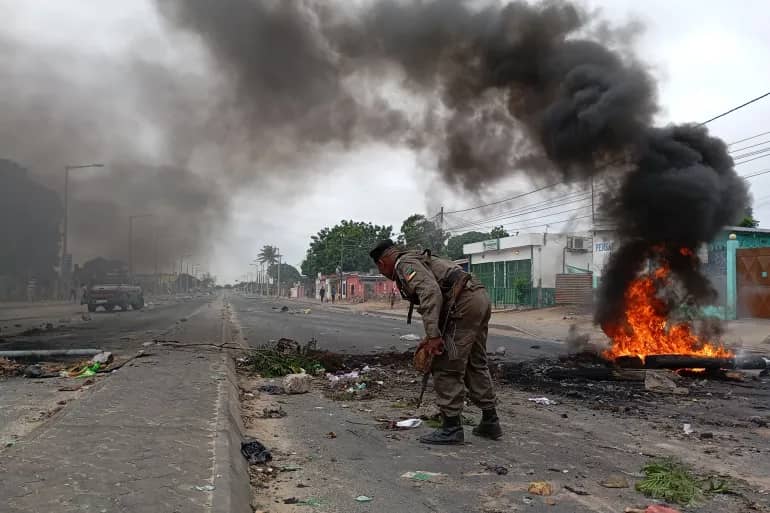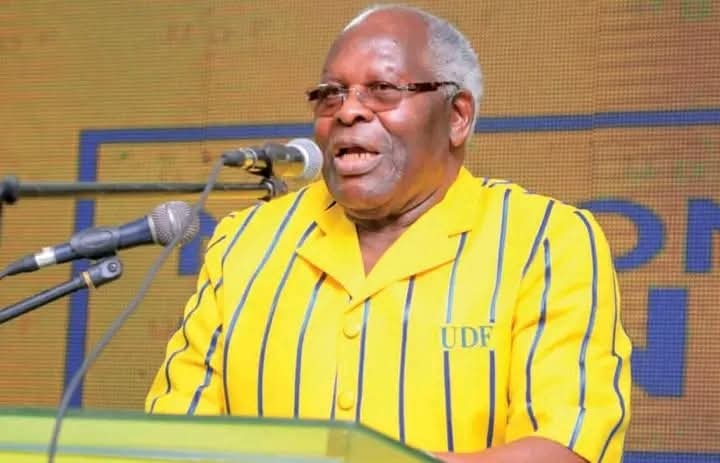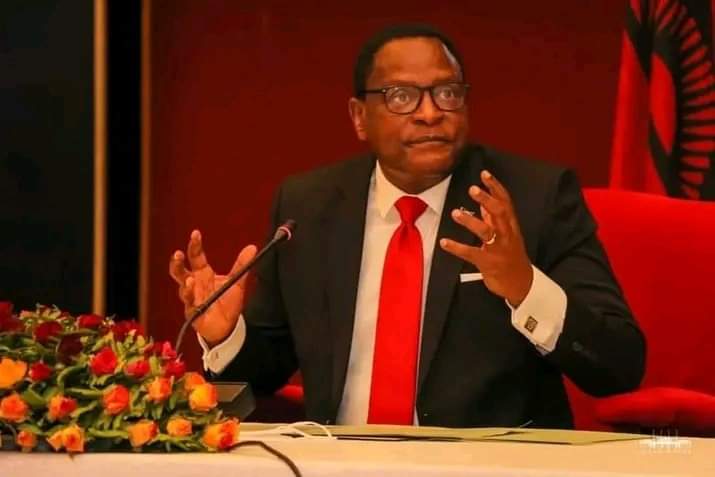By Burnett Munthali
According to Al Jazeera reports, the political situation in Mozambique has been spiraling out of control since the disputed October elections. While President Filipe Chapo’s victory was confirmed by the country’s top court on Monday, protests have continued for weeks, with no signs of abating. These protests have disrupted daily life, led to the deaths of hundreds, and forced thousands of Mozambican citizens to flee to neighboring Malawi.
The unrest follows a series of grievances over the October 9 elections, in which opposition leader Venancio Mondlane and his supporters claim the process was rigged. Despite these allegations, Chapo was declared the winner with approximately 65 percent of the vote by the Constitutional Council. Opposition leaders, particularly Mondlane, who commands strong support from the youth of Mozambique, have decried the election as fraudulent, sparking nationwide protests.
In response to the electoral outcome, Mondlane organized a series of protests that lasted for four days, during which demonstrators blocked streets, looted shops, and clashed with security forces. The violence also led to a prison break in Maputo, the capital city. Local NGOs, such as Plataforma Decide, report that at least 134 people were killed during this period, bringing the total death toll since the elections to 261.
The most affected cities include Maputo, Matola, Beira, and Nampula, where protests have been the most intense. These areas saw widespread destruction, with commercial buildings burned and the streets left in disarray. On December 24, as violent demonstrations continued, Maputo resembled a war zone. The city’s main roads were heavily secured by police, armored vehicles patrolled the streets, and businesses remained closed.
In his first public statement since the court’s decision, Chapo condemned the unrest, stating that the violence only worsens the country’s economic and social conditions. “These acts only contribute to the decline of the country and the increase in the number of Mozambicans who are heading towards unemployment and poverty,” he said, while acknowledging the tragic deaths of several police officers during the clashes.
As tensions escalate, many Mozambicans have sought refuge in neighboring Malawi. According to Malawian authorities, more than 2,000 Mozambican families crossed the border into Malawi’s Nsanje district this week, fleeing the violence and political instability. The situation is dire, with humanitarian organizations scrambling to provide assistance to the displaced families.
Nsanje district commissioner Dominic Mwandira has urged for immediate aid to support the refugees. “The situation remains dire as these individuals urgently require humanitarian assistance,” he noted in a letter sent to Malawi’s commissioner for refugees.
The political crisis in Mozambique has far-reaching implications, not only for the country itself but also for its neighbors. Mozambique’s strategic importance, particularly in terms of its ports, is vital to the economy of the Southern African region. Countries like Zimbabwe rely heavily on Mozambique for essential resources such as fuel, making regional stability crucial.
Al Jazeera’s Haru Mutasa, reporting from Maputo, emphasized that regional leaders are keen to help resolve the crisis. She stated, “Countries in the region need Mozambique because they rely on Mozambique’s ports. For example, the fuel that goes to Zimbabwe comes through Mozambique.” Regional leaders are calling for dialogue to ease the political impasse and end the unrest.
The ongoing protests and violence show no signs of stopping, and the situation remains fragile. While the government under Chapo has urged calm and called for an end to the protests, opposition figures continue to challenge the legitimacy of the elections. Without dialogue and compromise, Mozambique’s political crisis risks further destabilizing the country and its neighbors.
For now, the unrest remains a volatile issue with far-reaching consequences for Mozambique’s future and the stability of Southern Africa. As regional powers prepare to intervene, the need for a peaceful resolution to the political deadlock has never been more urgent.




